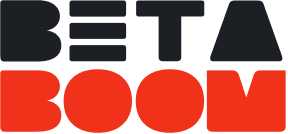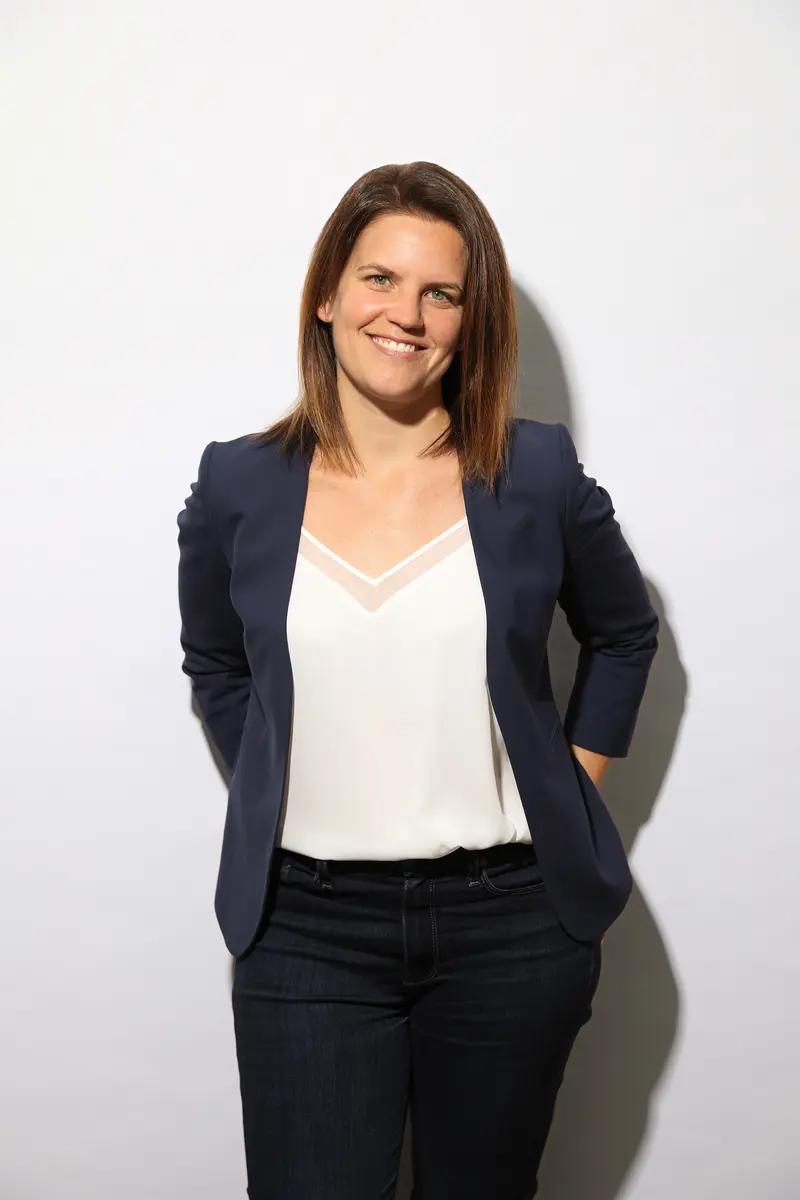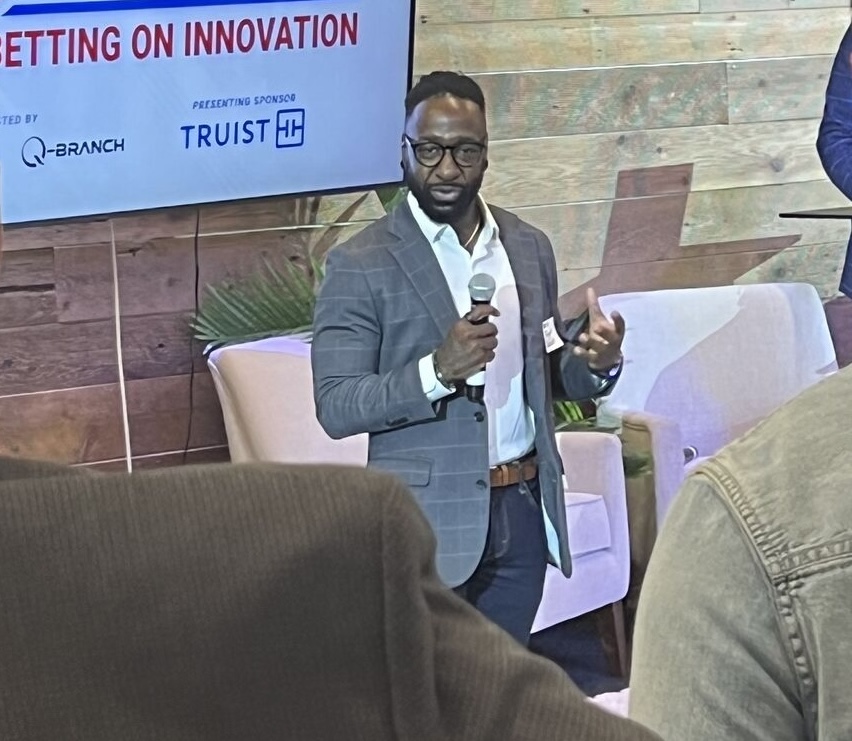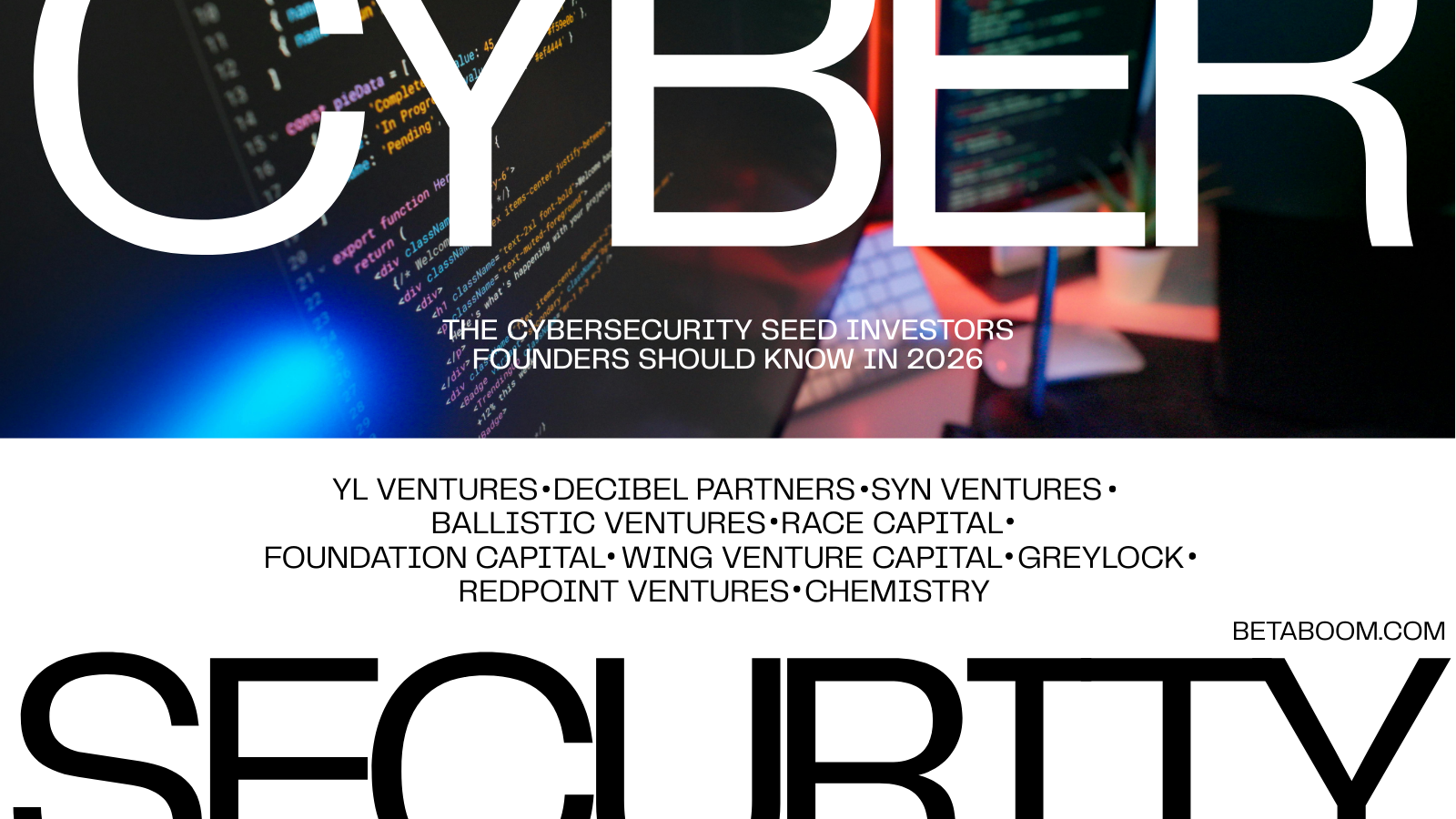Today, it seems like each city has its own version of Silicon Valley, but most fail to offer the proper foundation to build the tech titans of the future.
This is where David Brown, managing partner at the pre-seed stage fund Impellent Ventures, comes in. The fund was created to give these locations the same access and growth opportunities as the top tech ecosystems.
"The local market was missing two things: Access to mentorship, particularly when you're just getting off the ground, and access to downstream capital,” he explains.
Impellent Ventures is working to build more bridges and access points within these smaller markets, giving founders the ability to accelerate growth and thrive outside of Silicon Valley. David says that as a result of their mission and values, it naturally led to investing in founders that are traditionally overlooked or underfunded.
So far, their mission has left a big enough impact to attract a partnership with Tariq Trotter, better known as Black Thought, the lead singer of the Roots.
“We honestly believe that intelligence and capacity is equally distributed, but opportunity for capital has not historically been equally distributed,” David asserts. “We want to be able to break that mold.”
Q&A
Your webpage has a classic gaming aesthetic. What made you choose that and what you were hoping to tell potential clients or partners?
When we first started, we had a very historic, traditional website and realized that when you're trying to change the world and do something different – it helps to stand out and have a little bit of edge.
Me and my partners loved video games growing up and a huge portion of who we were. We felt that folks in our position would resonate with that.
We started with the concept of "Ready Player One," a great movie and book, which explores the possibilities of thinking about the world differently. So we tried to create a website designed and built around that. It's really become a big portion of our brand. Now our thought process is, how do we look at ventures in a unique or different shade?
That's been really fun. Your brand ethos or marketing can really set into the rest of how your organization functions. We've been very happy that we used that as a jumping off point for a lot of our ID.
I'm interested if you've seen any trends that you think are really exciting.
It's a super relevant and pertinent question right now, particularly with the advent of AI.
Right now, it's much easier to reach out to a ton of people with generic, semi-talented – but not particularly unique – propositions. We're seeing over 5,000 deals a year from different founders, and I think 90 percent of those disappear into the ether, because there's nothing differentiated or unique about the way they're telling their story.
I think a lot of founders are using a scattershot approach by using AI to access more people without really thinking about the individual relationship. Your numbers can be great, your team can be great; but if you're not putting yourself front and center and creating a personal connection – you're missing the point.
I always tell founders, the average VC relationship is going to last twice as long as the average U.S. marriage – not a happy statistic, but a very true one. Through that lens, you really have to understand how to build a long-term partnership. In the first stages of this process, that means you need to think about how to establish a real relationship that has authenticity, value, and uniqueness.
How would you recommend people outside of tech hubs and big places where VC goes get in contact or catch the attention of investors?
I find many founders are running a campaign versus individual outreach, missing the opportunity to establish a solid first step into the conversation and dialogue. The founders that stand out are the ones that provide or create a material impact through their initial outreach.
It's not always easy to find a point of connection to build that bridge, but if you can figure out how to start establishing that relationship through some sort of commonality that can create more valuable opportunities – or, more likely, the opportunity of being able to get a real conversation going.
For us, if you figure out a way to connect to one of our founders – and our founders are all over the country – they often can be a really good referral source. Or pinpoint other partners we work with, other resources that we might like. There's plenty of information about all of us as founders and individuals that you might be able to have a shared dialogue.
Think about what voice and authentic piece is going to be, because, at the end of the day, the story matters. So think about how you're going to say hello for the first time, in a way that's going to resonate, but not be congested and not be just a direct sales pitch.
Those are the easiest ones to get nuanced and tired with. I love hearing new deals and new pitches all the time. That said, we're seeing hundreds of pitches a day, and it's very easy to blend in. I always say make sure you have at least a deck, but a video intro or a unique tidbit or something that gets it off the page really helps – because otherwise it's just words on a page.





